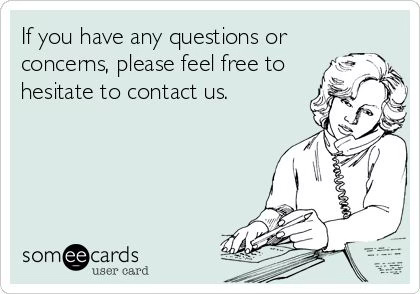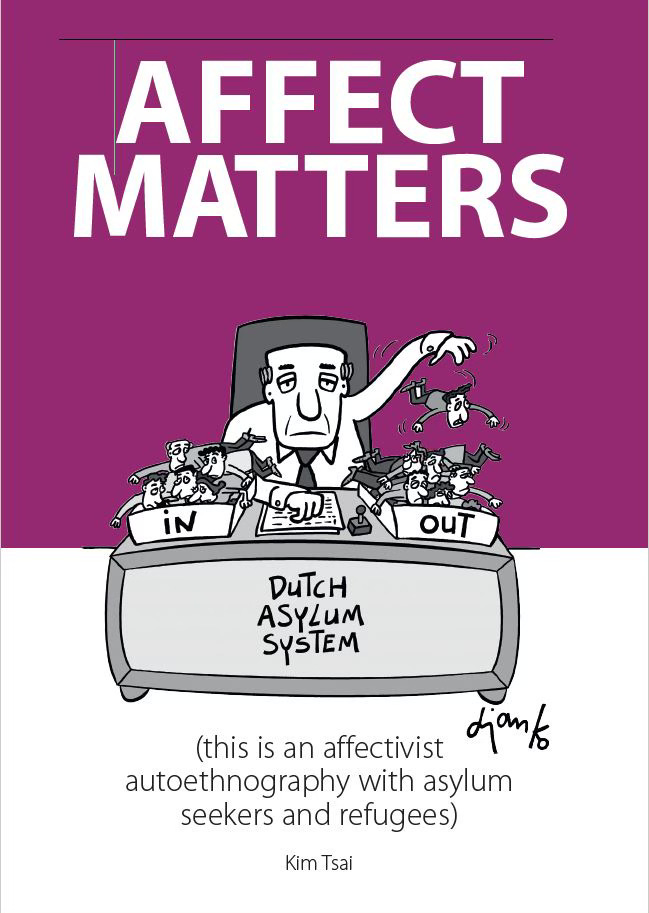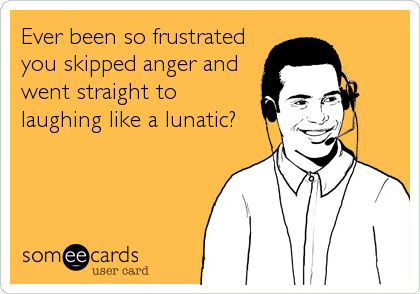Working in the social domain for around two decades brought me into contact with many types of professionals, from social workers, to child protection agents, prison officers, lawyers, civil servants, case managers, researchers, youth workers, and the list is endless.
One thing many of these professionals have in common, in my experience, is that they dislike it when clients, or those acting on behalf of their clients, ask questions.
Why is that? Why do they not embrace and especially encourage questions?
Nobody likes to be watched or to have the impression that they are being judged. Fair enough. But this is one of the most common patterns I have come across. And it is dangerous. It is dangerous because of power imbalances. I’m personally not so naive as to believe that relationships can be equal. When there is a vulnerable client involved, the professional holds a particular position of power[1].
Clients who are dependent on particular services ‘need’ professionals to act in their favour. Think of a civil servant conducting an interview with an asylum seeker, or a child who has been put into care meeting with a child protection agent. In both cases the division of power is unequal.
I understand that there are subtle and subversive ways that clients can ‘escape’ control. In fact I have written about it in my PhD[2]. But we kid ourselves as professionals if we do not take these imbalances seriously and act with integrity.
I wonder if holding on to information, or drip-feeding information to the client is a deliberate way of asserting a professional’s power? Or is it just laziness or that professionals are overworked and have too many in their caseloads? It is a similar scenario when professionals use lots of jargon and industry terminology, that no common person would understand. Over time some clients do become savvy and start to use the same concepts; however complex expressions can leave clients overwhelmed and confused.
And let’s not forget that there’s often an educational difference. I have written in my own research about being talked down to by professionals when I have accompanied asylum seekers to mundane appointments, because the professional assumed I too was an asylum seeker or a foreigner with no education. On such occasions, professionals have tried to shrug off questions, even giving wrong information to unsuspecting clients. It is only when I have posed questions in such a way that they realised I knew what I was talking about, or pointed out errors, that they started to backtrack.
On one occasion, the GP/doctor in question tried to throw me out of his office when I suggested that asking an asylum seeker if she was familiar with a particular lingerie shop, was not an appropriate question for somebody with lumps in her breasts. He was insinuating that her bra was too tight and perhaps she should buy a new one. On another occasion, when with an asylum seeker requesting help at the local council, on realising that I knew the procedures we were discussing, the civil servant started to turn her computer screen towards me to show me the information she was imputing and began to address me, rather than the asylum seeker himself.
On several occasions when acting as a support person to asylum seekers during their interviews, I have been told that the asylum seeker was not allowed to bring somebody else into the interview. This was simply a lie, because the interviewer did not want an extra pair of eyes in the interview room. You can imagine their shock when I put a recording machine on the table.
But you have to be careful. If you push too far, it could have a deleterious effect on the decision-making process.
We know these things should be ‘objective’.
We also know that ‘objectivity’ doesn’t exist.
In response to the question of whether a child of 15, who had been removed from his home, had been given a copy of the judge’s decision, a child protection worker said that she didn’t feel that giving him the actual report would be of any benefit. And then she said: I’m not willing to discuss these questions.
Sometimes my head wants to explode at the inefficiency and unprofessionalism of these ‘professionals’.
We wonder why children come to serious harm or why abuse is allowed to continue, either at home or in institutions. Protection authorities don’t like it when you ask questions. I guess that’s why many people don’t ask questions, or they give up.
And that’s why some children end up dead, homeless, or pursuing a life of crime.
Sometimes the child protection workers or guardians are barely older than the children they are paid to protect. A psychiatric nurse once told me that he used to assume that the protection workers were girlfriends of his clients, as they were so young.
Clients find themselves in a catch 22. If they ask too many questions, they risk riling those who are supposed to be helping them. If they don’t, they remain unaware of their rights and entirely dependent on the social professional. Of course, we say, there is internet and chatgtp: we can get all the information we need. But can we really? The internet hasn’t really led to the type of information equality that was promised. Yes, there is a lot more information available. But knowing how to access the right information, how to analyse and interpret it, is another question. Even knowing which questions to ask is a skill many don’t possess.
So what is the solution?
For a start: professionals who act with moral integrity, know their own limits and are unafraid of accountability, be it from peers or clients. We need professionals who welcome questions and who consider it their duty to make sure that their clients understand their rights, as well as what is happening to them. We need professionals who show clients how to stand up for themselves and who train them in asking appropriate questions. We need self-reflexive professionals who take time to consider how they may not only be easing the problems of their clients, but might also be contributing to them.
My academic research around affect and emotions, combined with my professional experience in mentoring and coaching professionals, leads me to the conclusion that there is still a lot of room for improvement.
Asking questions is essential, but can unfortunately, also be dangerous.
Do you welcome questions?
How do you respond when clients question what you are doing or when clients fail to ask questions?
How well are you attuning to your client’s information needs?
In what ways do you benefit from a power differential between with your clients?
How can you ensure that your practice is anti-oppressive?[1] See this link for an article which summarises research on power within a social work context: https://journals.sagepub.com/doi/10.1177/14680173231180307
[2] Affect Matters (this is an affectivist autoethnography with asylum seekers and refugees)




